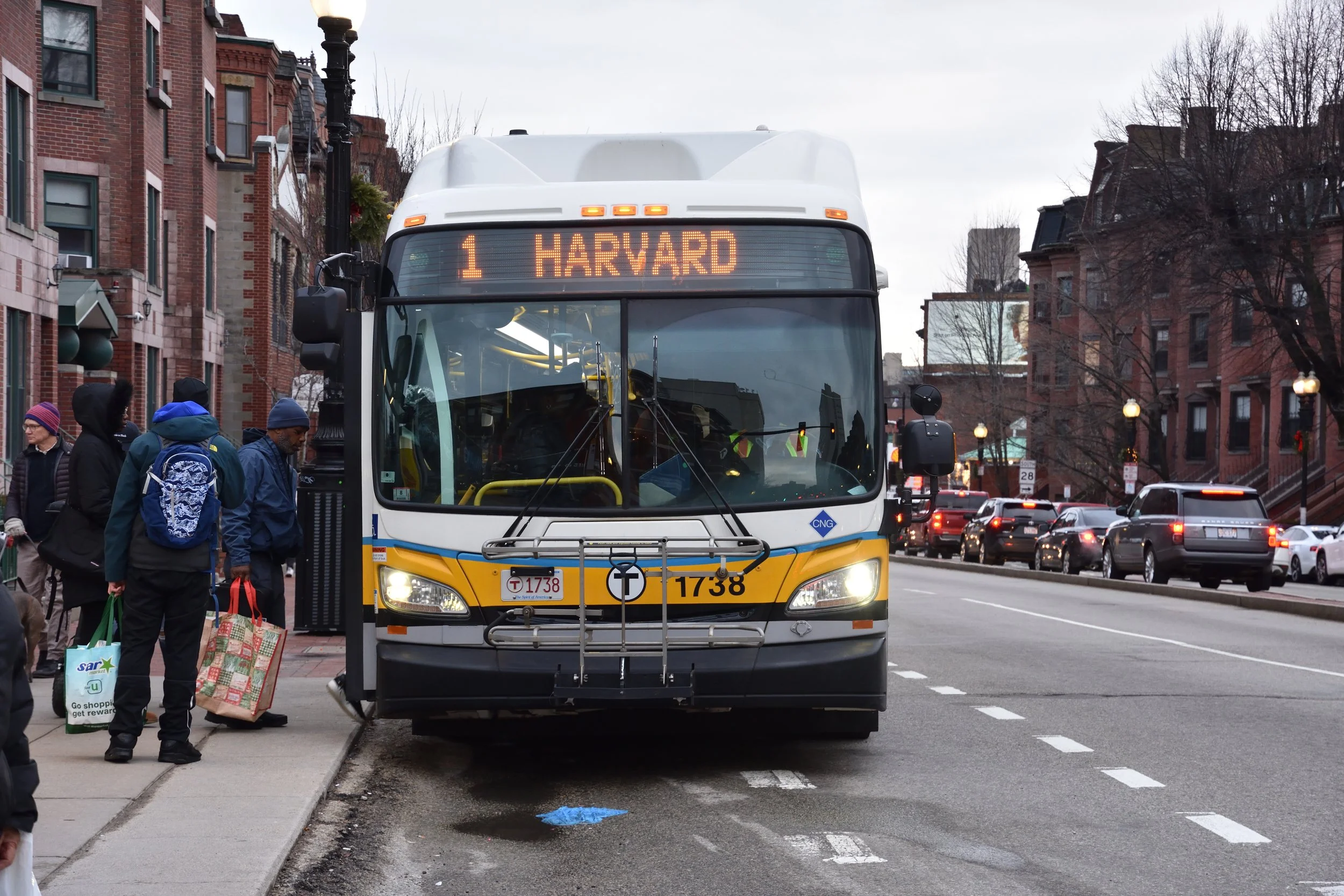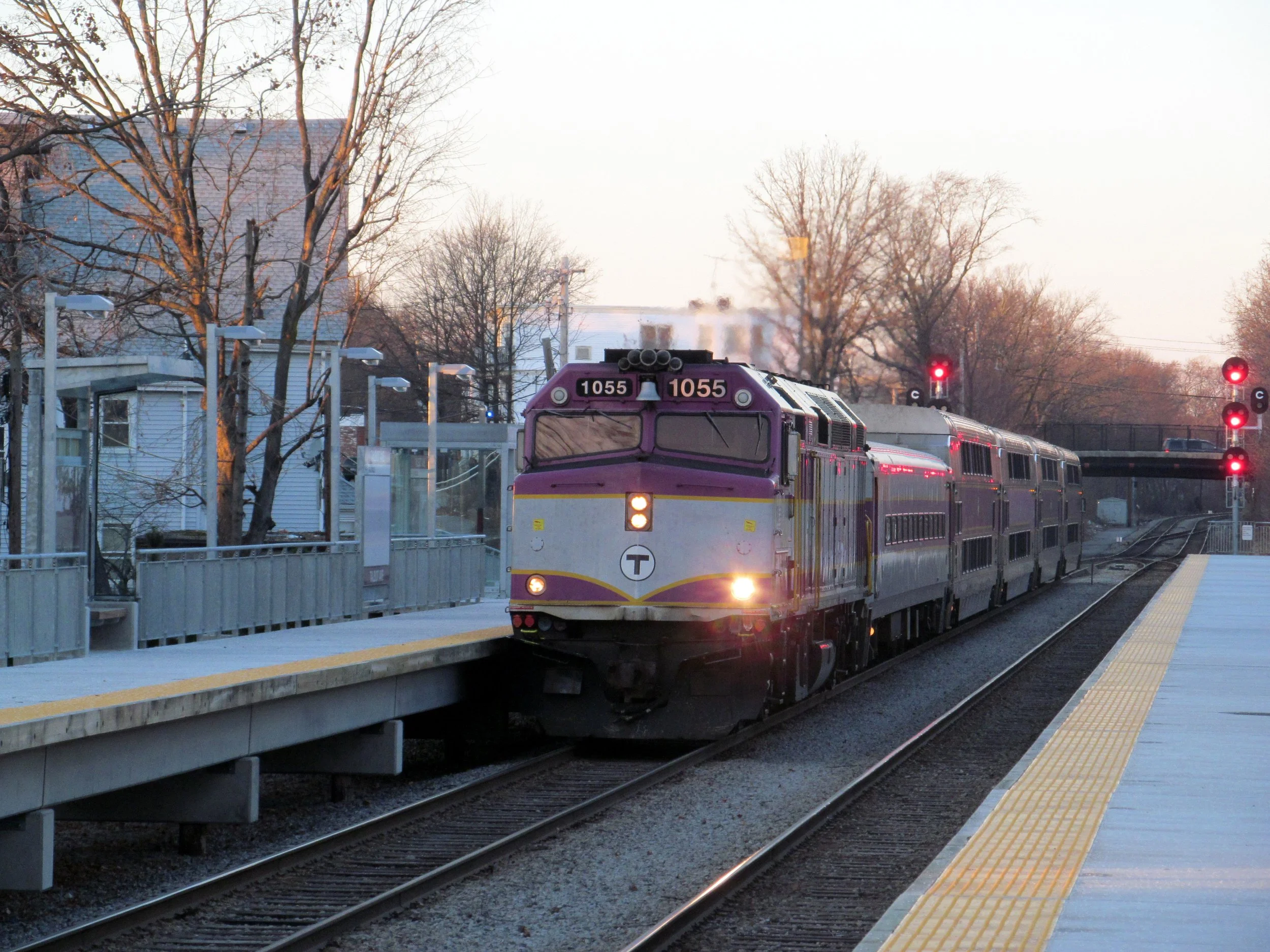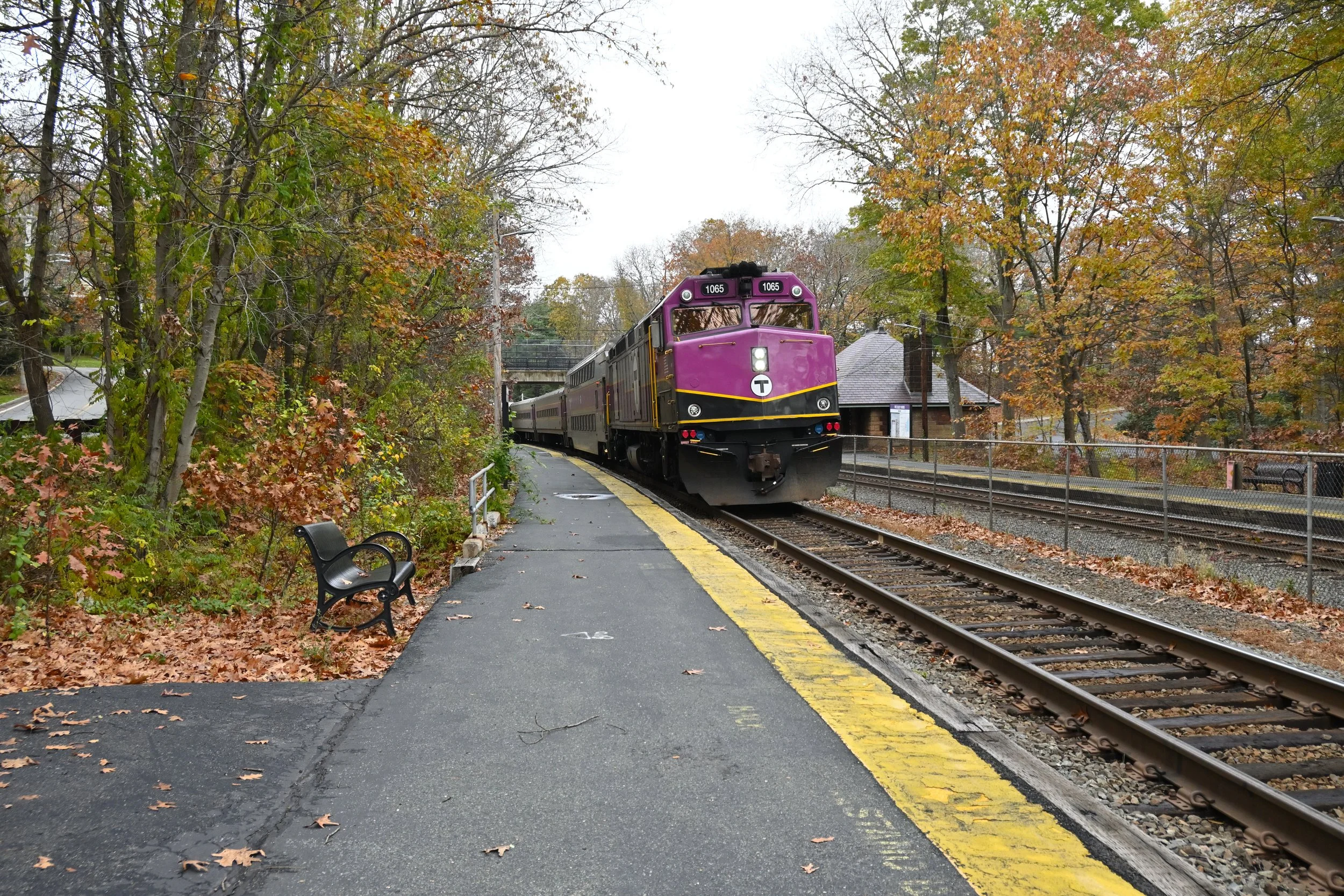Eric Moskowitz from the Globe lays out the situation accurately and succinctly:
If the T does nothing, it faces a projected $161 million deficit for the fiscal year that starts July 1, as costs such as utilities, health insurance, and federally mandated paratransit service rise faster than MBTA revenue, the chief sources of which are fares (about $450 million a year) and a percentage of the state sales tax (worth nearly $800 million).
The T faced a similar situation last year but avoided a fare increase by implementing one-time measures such as selling future parking revenue to investors for a lump sum. The T has also tightened pension eligibility, streamlined labor costs (including switching from two operators to one operator on multiple subway lines), auctioned surplus property, and sold ads on everything from station walls to its website.
The T last raised fares Jan. 1, 2007.
Just in time to be a part of this discussion, the MBTA Rider Oversight Committe has released a plea to riders to speak to their representatives and advocate for better MBTA funding, which will hopefully run in tomorrow's Metro:
Riders, now is the time for us to stand up and speak out. The T’s red ink is much worse than you think. Next year, without increased funding, your bus or train could be the one that stops coming. Do we want the transit system we can afford or the transit system that we need? Rally round, and get engaged! Come join us at the public meetings and support the MBTA. Help us by calling your local and state representatives to insist they finally address the T’s funding gap. Fellow riders, it’s our T. It’s time for us to defend it.
In their letter, they speak to the better senses of the public, as does much of the press, trying to inform and arm the public with information to help advocate for a better solution, but many of the more radical options have been left out of the conversation, at least outside of twitter.
The last time New York City had to face these issues a few years ago, local politics included more vocal pushes for alternative funding vehicles to prevent a massive fare increase and service cuts. (They happened anyway because New York politics is a mess and has been one for a while.) Beyond typical ignorant ranting of government largess and inefficiencies, there were calls to start congestion pricing, tolling East River crossings, and even tax local businesses' payrolls (which has not gone over well).
Suffice it to say, all of these seem to be third rail topics that neither the press nor local advocates are willing to propose. While the ROC and others, including Secretary Davey himself, are pointing at the Commonwealth's legislature for relief, the fact remains that none of them are standing behind a unified message of what to ask for from the legislature in terms of bridging the funding gap, especially considering the Commonwealth is already trying to deal with a tight budget for every other state agency.
From my experience on twitter lately, it seems riders are more concerned with the platform experience more than the funding mechanisms behind the MBTA, more quick to bash it for inefficiency and waste than grant the agency a shadow of a doubt and look into reports about the funding situation. Advocates and members of the public in the know need to step up, do a better job to make the facts and options more accessible to riders, and stand behind a more cohesive message.
All I'm seeing is repeated messages of what we don't want and what we don't feel comfortable bringing up. I'll start by throwing my weight behind moderate fare increases, congestion pricing, parking reform (market pricing), and better long-term real estate deals on MBTA/state owned property. Perhaps we could get started on making public-private partnerships to assure funding, quality construction, and well-capitalised reconstruction of ageing stations and the Green Line extension, because simply selling naming rights of stations to corporations is really selling out the system.








